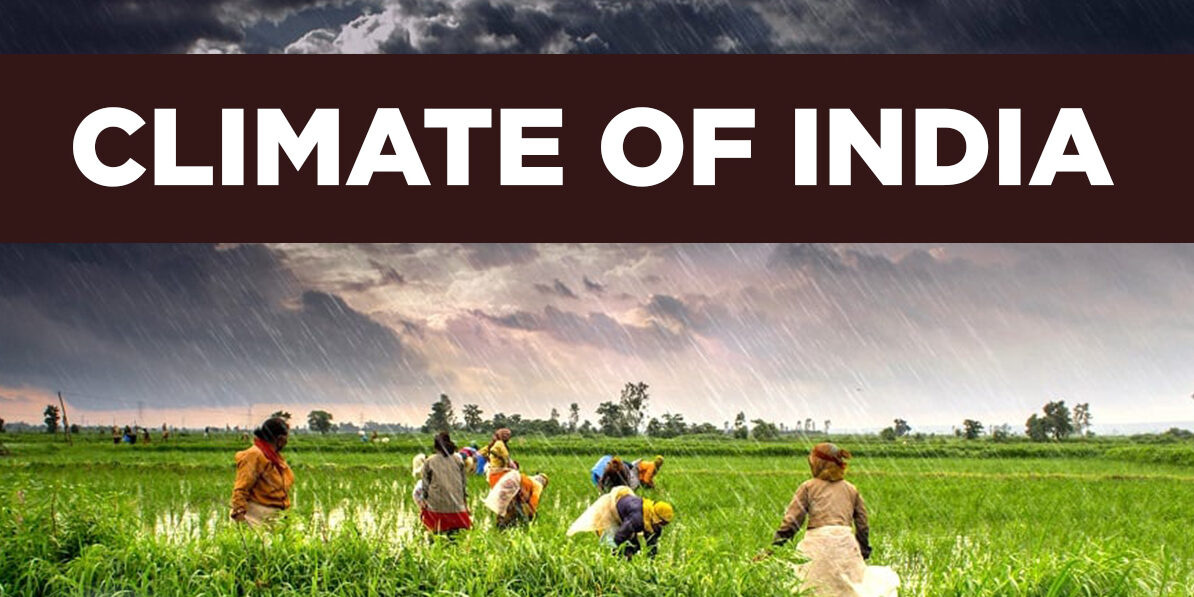Climate change is a global issue that is rapidly increasing in importance as the Earth’s temperature continues to rise. Climate change refers to the long-term alteration of the planet’s weather patterns, including temperature, precipitation, and wind. This change is largely driven by human activities, particularly the emission of greenhouse gases into the atmosphere. Our department has taken plenty of steps for the planet’s natural resources.

Meaning of Climate Change
Climate change is the gradual and long-term alteration of the planet’s weather patterns, particularly temperature, precipitation, and wind. Climate change is primarily driven by human activities, particularly the burning of fossil fuels, deforestation, and industrial agriculture, which emit greenhouse gases into the atmosphere. These gases trap heat, causing the planet’s temperature to rise and altering the natural balance of the planet’s ecosystems. Climate change has a range of impacts, including rising sea levels, more frequent and severe natural disasters, and changes in weather patterns that impact food security and agricultural production.
Conservation by Citizens
There are many actions that individuals can take to reduce their environmental impact and help conserve the planet’s natural resources. One of the most important steps that individuals can take is to reduce their carbon footprint. This can be achieved by driving less, using public transportation or carpooling, reducing energy use at home, and consuming less meat and dairy products. Individuals can also conserve water by using water-efficient appliances and fixtures, such as low-flow showerheads and toilets. Additionally, individuals can reduce their waste by recycling, composting, and using reusable products instead of single-use items.


Protection and Maintenance of Climate
Protecting and maintaining the planet’s climate is a collective responsibility that requires action from individuals, organizations, and governments. One of the most important steps that can be taken is to reduce greenhouse gas emissions. This can be achieved by transitioning to renewable energy sources, such as solar and wind power, and reducing energy use through efficiency measures. Governments can also implement policies and regulations to incentivize emissions reductions and support the development of clean energy technologies.
Another important step in protecting the planet’s climate is to conserve natural resources, such as forests, wetlands, and oceans. These ecosystems play a critical role in sequestering carbon and mitigating the impacts of climate change. Protecting and restoring these ecosystems can help reduce emissions and preserve the planet’s biodiversity.
As the world continues to grapple with the impacts of climate change, there is an increasing need for development in clean energy technologies and sustainable industries. Many industries, such as renewable energy, green building, and sustainable agriculture, offer opportunities for economic growth and job creation while reducing emissions and preserving natural resources. We are supporting the development of these industries through incentives and investments in research and development.
Climate’s Benefits
The planet’s climate provides a range of benefits that are critical to human well-being. These benefits include clean air and water, productive agricultural land, and diverse ecosystems that support biodiversity and provide important ecosystem services. Maintaining a stable climate is essential to ensuring that these benefits are preserved for future generations. Additionally, addressing climate change can help to reduce the impacts of natural disasters and other climate-related events, improving public safety and security.
In conclusion, climate change is a complex and pressing global issue that requires action from individuals, organizations, and governments. Conserving natural resources, reducing greenhouse gas emissions, and supporting the development of clean energy and sustainable industries are all critical steps in protecting and maintaining the planet’s climate. By working together, we can create a sustainable future that benefits both people and the planet.
